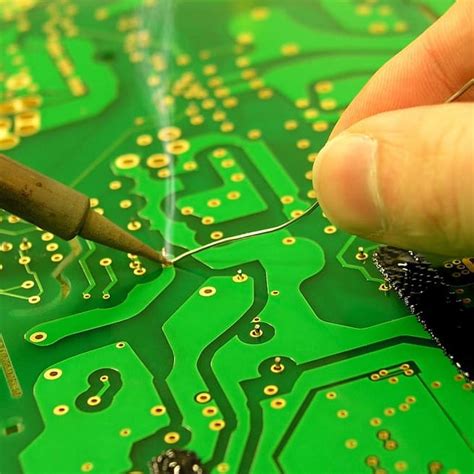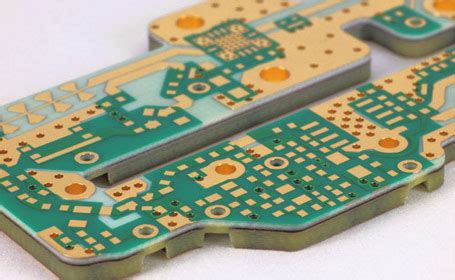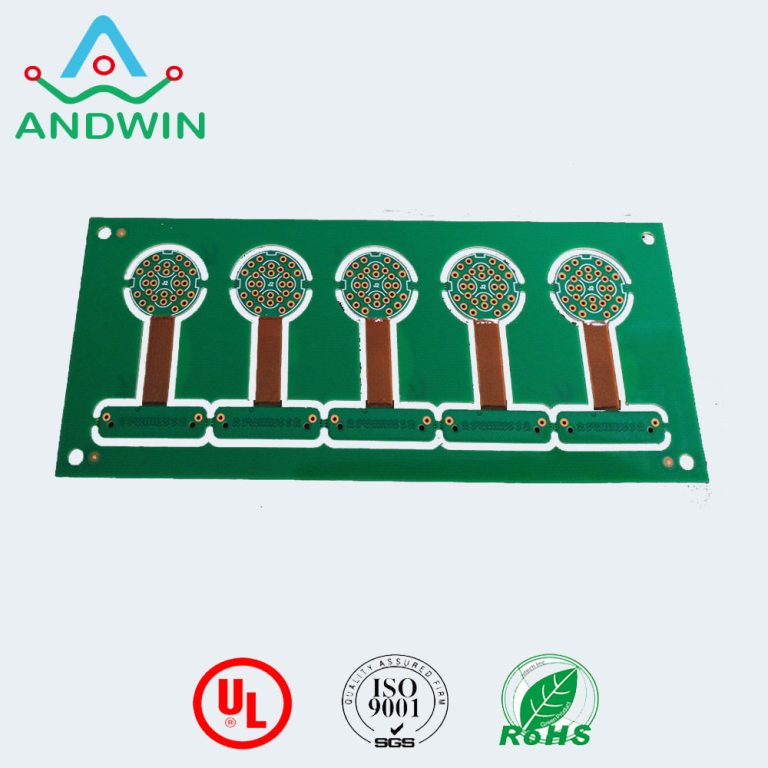Understanding IPC Standards for PCB Manufacturing Excellence
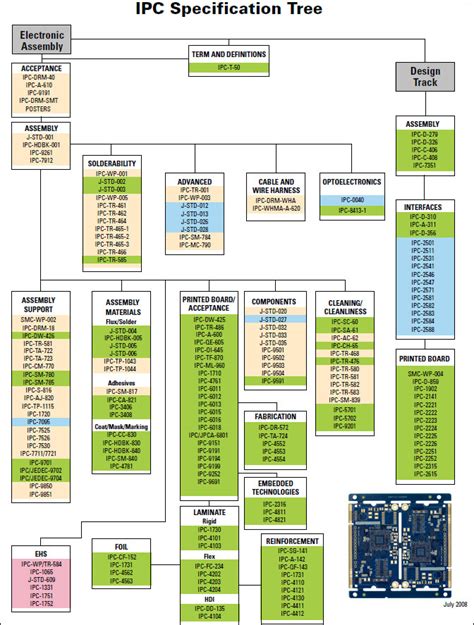
Key Takeaways
Understanding the role of IPC standards in PCB manufacturing is crucial for achieving excellence in your processes. These standards help ensure high levels of quality and reliability in the products you create, giving your business a competitive edge. By adhering to these IPC guidelines, you can optimize your PCB manufacturing business, reduce PCB manufacturing costs, and enhance the overall performance of your products. Many successful PCB manufacturing companies have demonstrated that proper implementation of IPC standards leads to greater consistency and reliability, which ultimately benefits both manufacturers and their clients.
“Embracing IPC standards is not just about compliance; it is about driving innovation and quality in every aspect of production.”
Staying updated with evolving IPC standards can also keep your operations aligned with industry advancements, ensuring that you remain a leader within the sector. Consider continuously educating yourself about these essential guidelines to strengthen your approach to quality and reliability in PCB manufacturing.
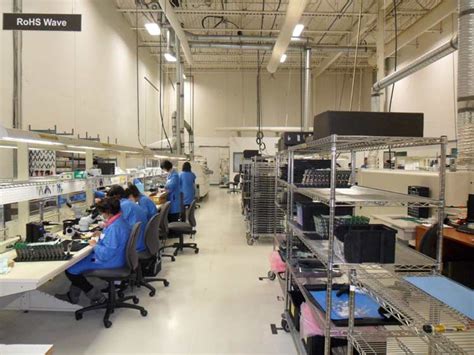
Understanding the Importance of IPC Standards in PCB Manufacturing
Understanding the importance of IPC standards in PCB manufacturing is crucial for anyone involved in the electronics production industry. These standards serve as a benchmark, ensuring that PCB manufacturing companies adhere to best practices that enhance quality, reliability, and overall performance. By following established IPC guidelines, your organization can significantly reduce the risk of defects and inconsistencies in the production process. This not only leads to a more reliable end product but also positively impacts your pcb manufacturing cost by minimizing waste and rework associated with faulty boards. Implementing these standards empowers your pcb manufacturing business to maintain a competitive edge in a rapidly evolving market. As you prioritize compliance with IPC standards, you contribute to the broader goal of achieving excellence in electronic design and fabrication, reflecting a commitment to the highest quality outcomes for your customers.
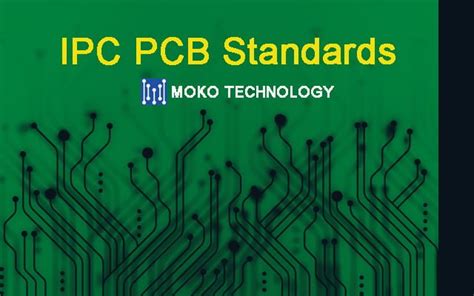
Key IPC Standards Every PCB Manufacturer Should Know
In the realm of PCB manufacturing, navigating the various IPC standards is crucial for ensuring that your products meet industry benchmarks for quality and reliability. The IPC (Institute for Printed Circuits) has developed a comprehensive set of guidelines designed to enhance the PCB manufacturing process. Among these, IPC-A-600 focuses on the acceptability of printed boards, while IPC-A-610 sets standards for the acceptability of electronic assemblies. Understanding these standards is essential for PCB manufacturing companies striving to maintain high-quality output.
Another important standard is IPC-2221, which delineates general design requirements, helping you to mitigate risks in your designs and facilitate effective communication with suppliers. Knowledge of these standards not only helps in producing reliable products but also enables you to keep PCB manufacturing costs in check by reducing defects and reworks throughout production.
Here’s a concise table summarizing some key IPC standards relevant to PCB manufacturing:
| IPC Standard | Description |
|---|---|
| IPC-A-600 | Acceptability of Printed Boards |
| IPC-A-610 | Acceptability of Electronic Assemblies |
| IPC-2221 | Generic Standard on Design for Printed Boards |
By familiarizing yourself with these critical standards, you position your PCB manufacturing business to achieve excellence and foster long-term success in a competitive market. Understanding how to implement these guidelines effectively can make all the difference in enhancing your operational capabilities while ensuring consistent product quality.
The Impact of IPC Standards on Quality and Reliability
The implementation of IPC standards significantly influences the overall quality and reliability of products in the pcb manufacturing sector. You’ll find that by adhering to these established guidelines, pcb manufacturing companies can reduce errors and defects, leading to enhanced performance and longevity of electronic components. This harmonious relationship stems from the meticulous protocols defined by IPC, which advocate for systematic processes that every pcb manufacturing business should adopt. You may also notice that committing to these standards can help control the pcb manufacturing cost, as it minimizes rework and waste, effectively impacting the bottom line. By fostering a culture that prioritizes quality assurance, your operation not only meets customer expectations but also builds a reputation for reliability in an increasingly competitive market. Therefore, integrating IPC standards into your practices is not just about compliance; it’s a strategic move toward achieving excellence in your manufacturing processes.
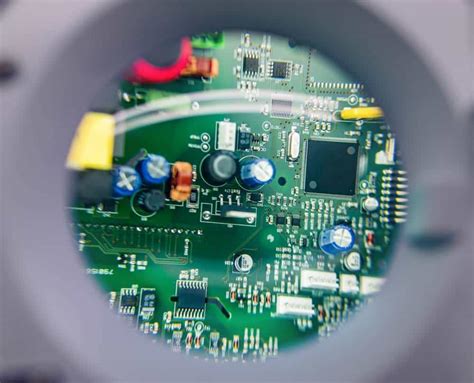
Achieving Consistency in PCB Production through IPC Guidelines
In the realm of pcb manufacturing, achieving consistency is paramount for success. By adhering to IPC guidelines, you can ensure that your production processes meet the highest standards of quality and reliability. These guidelines provide a comprehensive framework that helps pcb manufacturing companies streamline their operations, minimize errors, and maintain uniformity across production batches. This consistency is not just beneficial; it is essential in delivering products that meet customer specifications and safety requirements. As you navigate the complexities of the pcb manufacturing business, integrating these standards can significantly reduce your overall pcb manufacturing cost by eliminating waste and enhancing efficiency. Consistent standards also foster trust among consumers, who rely on the integrity of your products. Ultimately, committing to IPC standards empowers you to not only achieve but also sustain excellence in your production processes, securing a competitive edge in the ever-evolving electronics market.
Navigating the IPC Standards Process: A Step-by-Step Guide
As you embark on the journey of pcb manufacturing, understanding the IPC standards process is crucial for achieving the level of excellence that both you and your clients expect. These standards serve as a roadmap for pcb manufacturing companies, providing guidelines on design, assembly, and inspection that ultimately influence the pcb manufacturing cost. By following these outlined procedures, you can enhance overall efficiency while minimizing waste, which is particularly important in a competitive pcb manufacturing business. Start by familiarizing yourself with the specific IPC standards relevant to your products; for instance, IPC-2221 outlines general requirements for PCB design. It is essential to adapt these standards into your operational procedures early on; this proactive approach can lead to seamless compliance throughout your production stages. Next, establish an internal audit system focused on meeting these standards at various checkpoints of your production process. Such measures not only ensure consistency but also bolster the reliability of your PCBs, meeting stringent quality demands from customers and regulatory bodies alike. In doing so, you’ll position your business as a leader in quality within the dynamic landscape of electronics manufacturing.
Case Studies: Success Stories in PCB Manufacturing Using IPC Standards
In the realm of PCB manufacturing, many companies have harnessed the power of IPC standards to elevate their processes and outcomes. One notable success story comes from a leading PCB manufacturing company that faced significant challenges in achieving consistency and quality across its production lines. By implementing the guidelines set forth by IPC, they were able to streamline their operations, reduce waste, and enhance product reliability. This not only improved their PCB manufacturing cost efficiency but also positioned them as a trusted supplier in the competitive electronics market.
Another exemplary case involves a small PCB manufacturing business that, despite limited resources, sought to compete with larger firms. By focusing on compliance with key IPC standards, they succeeded in optimizing their production techniques, which led to higher quality products that met or exceeded industry expectations. Their commitment to standards also facilitated fruitful partnerships with major clients who valued their assurance of quality and reliability.
These success stories highlight how adherence to IPC standards can profoundly influence both operational excellence and market reputation in the world of PCB manufacturing, demonstrating that regardless of size or capacity, any business can harness these guidelines to achieve remarkable results.
Future Trends in IPC Standards and Their Influence on Electronics Manufacturing
As the landscape of pcb manufacturing continues to evolve, staying attuned to IPC standards is crucial for pcb manufacturing companies aiming to maintain competitiveness and relevance in the market. With emerging technologies such as advanced automation, artificial intelligence, and the Internet of Things (IoT), manufacturers must adapt their processes accordingly. The future trends point towards an increased emphasis on sustainability, which means that pcb manufacturing business practices will incorporate eco-friendly materials and processes that align with IPC guidelines. Furthermore, as the demand for highly reliable and cost-effective products grows, adopting robust standards will help mitigate risks associated with production inconsistencies and enhance overall product quality. It is essential to recognize how these trends can drive changes in pcb manufacturing costs, encouraging companies to innovate while complying with updated IPC standards. Embracing these developments not only supports improved operational efficiency but also fosters a culture of continuous improvement that can lead to excellence in your production capabilities. Keeping an eye on these trends will ultimately position your company to leverage opportunities in a rapidly changing marketplace.
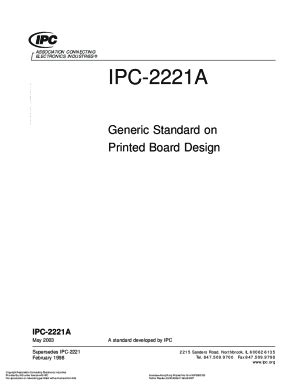
Conclusion
In the ever-evolving world of PCB manufacturing, adhering to IPC standards is paramount for ensuring the success of your PCB manufacturing business. These standards provide a comprehensive framework that not only enhances the quality and reliability of your products but also streamlines your entire production process. By understanding and integrating these guidelines into your operations, you can minimize costs associated with defects and rework, thereby positively impacting your overall pcb manufacturing cost. Additionally, embracing IPC standards positions you competitively as you demonstrate a commitment to excellence, making your business more attractive to potential partners and customers alike. As you navigate the complexities of the industry, remember that implementing effective IPC practices not only cements your reputation among peers but also cultivates trust with clients who rely on consistent performance in their electronic components. Prioritizing these standards ensures that your operations remain efficient and aligned with industry best practices, ultimately driving success for PCB manufacturing companies across the market.
FAQs
What are IPC standards in pcb manufacturing?
IPC standards represent a set of guidelines developed to foster quality and consistency in pcb manufacturing processes. They focus on multiple aspects, including materials, processes, and testing methods to enhance the reliability of the final products.
How can IPC standards benefit pcb manufacturing companies?
Adhering to IPC standards helps pcb manufacturing companies ensure that their products meet industry benchmarks. This not only increases customer satisfaction but also reduces the likelihood of defects, thereby lowering overall production costs.
What is the role of IPC guidelines in determining pcb manufacturing cost?
Following IPC guidelines can lead to more efficient operational practices, which may reduce waste and unnecessary expenditures. Consequently, this adherence can optimize pcb manufacturing costs, making your processes more financially viable.
How do IPC standards impact my pcb manufacturing business?
Implementing IPC standards can significantly enhance your reputation within the industry. This commitment to quality and reliability often translates into increased trust from clients and a stronger competitive edge for your pcb manufacturing business, ultimately leading to growth opportunities.
For more in-depth information about pcb manufacturing, please click here: Andwin PCB Manufacturing




